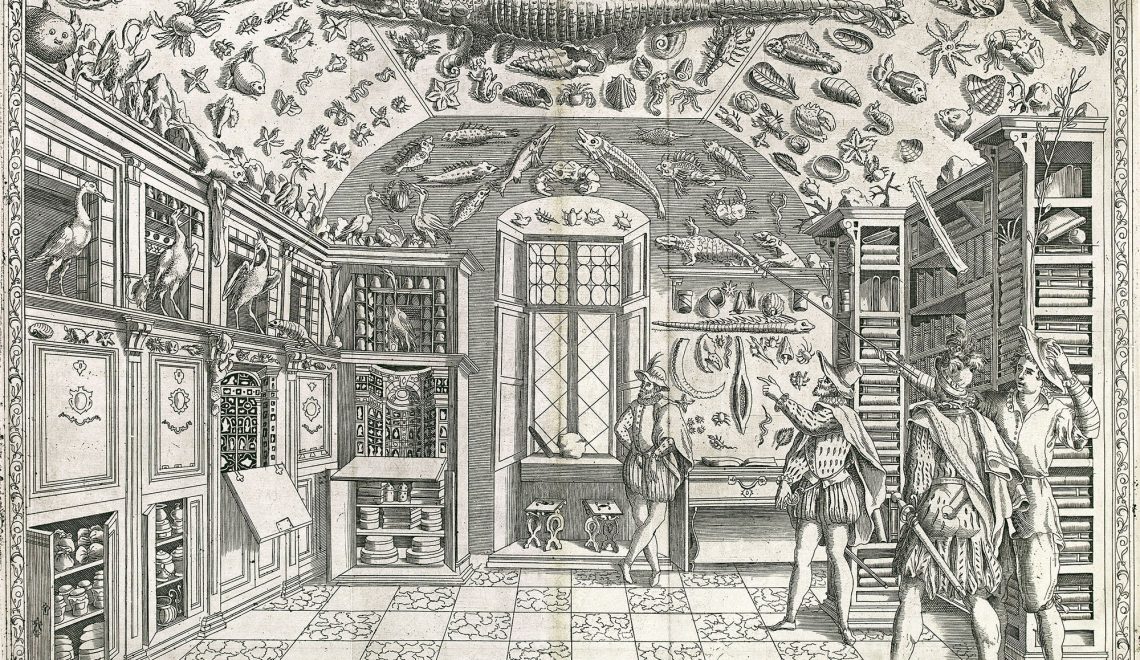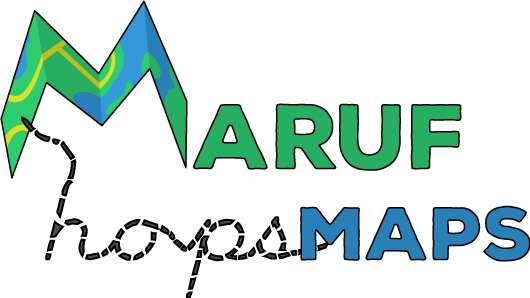Memory Palaces & Foreign Vocab Pt. 2

You could say a part time hobby of mine is being a janitor. A janitor in my head… Well in my memory palace to be more specific. I’m no mental athlete thus I don’t study over an hour a day to compete in any of the memory competitions thought that doesn’t mean I’m not fascinated by it. Seeing as the only community that I know of with tips for this stuff is this eerily quiet Reddit thread, I’m forced to learn my own way.
If you’re tuning in and clueless as to what a memory palace is and how people use them to remember more effectively check out my previous post. Since writing that one I took a hiatus then plunged back in and I’ve discovered some new goodies. Going forward I assume you’re an aspiring mental athlete… or you’re bored/curious enough to continue. Without any more fluff I present you some challenges I came across while trying to memorize foreign language vocabulary and how I overcame them.
How Do You Associate Words with Foreign Sounds?
Last summer when I was attempting to learn Estonian and I came across sounds that didn’t exist in English and I had trouble creating sticky mnemonic associations with such words. Since then I’ve started learning Polish (because finding an Estonian was impossible) and similar to Estonian, Polish has sounds that exist in English just never in the same combinations. For example the Polish word należeć do (nah-le-zhech doh) meaning “to belong” has the Ż sound that’s sounds like the J in Jaque Chirac. Creating an association with Nala and Jaque would be the obvious choice and that works well when you have it once per memory palace. What do you do when this sound comes up again and again? Eventually you’d have a memory palace of Jacque Chiraques everywhere and it becomes easier to get confused. That left me pondering: How can I make memorizing sounds common in one language yet rare in the other more flexible?
Map Sounds to Characteristics/Memorable Characters
I found that associating certain sound combinations with characteristics, essences and traits is the key. By associating a common sound(s) in a language you can easily map sounds like the że sound in Polish to characteristic such as being soaking wet, excessively overweight, extremely fragile. It is ideal for memorizing sounds unpronounceable in other languages. If you need an example of a map then here’s my ever growing map…
To lead you through an example here’s my association for należeć do with że representing fragility:
Nala (from Lion King) is carrying a *fragile glass* etch-a-sketch with a doe drawn on the etch-a-sketch and she brings it to a sick King Lear. He sees it and pulls out a bell from his pocket and he pulls out a long magician’s handkerchief, then wraps it around Nala’s neck and suddenly feeling better he says “Now you belong to me!”
It’s important to distinguish descriptions that are actually drop in replacements for these sounds. At the same time it’s important not to mix up your mapped association with the definition for that word. For example if I’m trying to memorize the Polish word for fragile then I need to make a note that that’s not a key but a definition. With time your associations map list is going to grow, I hope you know how to memorize it!
How do I Keep From Losing my Order?
Here’s the setup, I have a list of 30 words that I’m trying to memorize. They are sorted alphabetically, I create a unique memorable situation for each one of them and one month later I’m trying to recall them. I remember the 10th word but for the life of me I can’t remember what comes after. Very often I came across the dilemma of forgetting what comes after. What is that fuzzy shape sticking things in it’s hoo-ha?
Having read Moonwalking with Einstein I found the key I was missing. Instead of creating a memory palace with many self contained associations tied by a location I treat these associations like a story where one association hands off to the other in a transition. It’s oh so important for me to think of each memory palace not as a palace frozen in time with me as a non-interacting observer but as a participant in a progression through time. To illustrate this concept we’ll work off of the previous example where I had Nala wearing the etch and sketch bringing it to King Lear. King Lear is actually a clue to a previous word association that I used for the word liepej which means better. By keeping his character around I am able to focunstrate on the interaction between characters like how your attention drifts from character to character in a movie.
More pixels per memory
This one’s a given but the richer you build your associations, the sharper the pixels, the more connections you will have. Three zombies holding stop signs is memorable but a tall lanky zombie, a midget zombie and one with an oozing beer belly is a richer addition to help remember 3. And I could go further describing their tattered clothes, rotten scent, or the glistening reflection of the stop signs. The more vivid the scene the easier you will recall with pin-point accuracy. The consequence with spending more time fleshing out scenes is that it takes more time planting a single association vs starting on the next word on the list. Finding the balance takes time.
Far too many times I’ve had to go back into a memory palace and rebuild the association from scratch with more memorable words. Hint: avoid intransitive verbs. It’s hard to remember that Aladdin was looking at James Bond yet much more memorable if he’s staring him down while twitching his right eyebrow. Avoid common words and focus on those unique aspects that differentiate themselves from every other memory you’ve ever had.
I have no doubt that there are people that made these discoveries centuries if not millennia before I though I hope they help someone. Better yet if you have any improvements or tips of your own please don’t hoard the knowledge and share in the comments!
